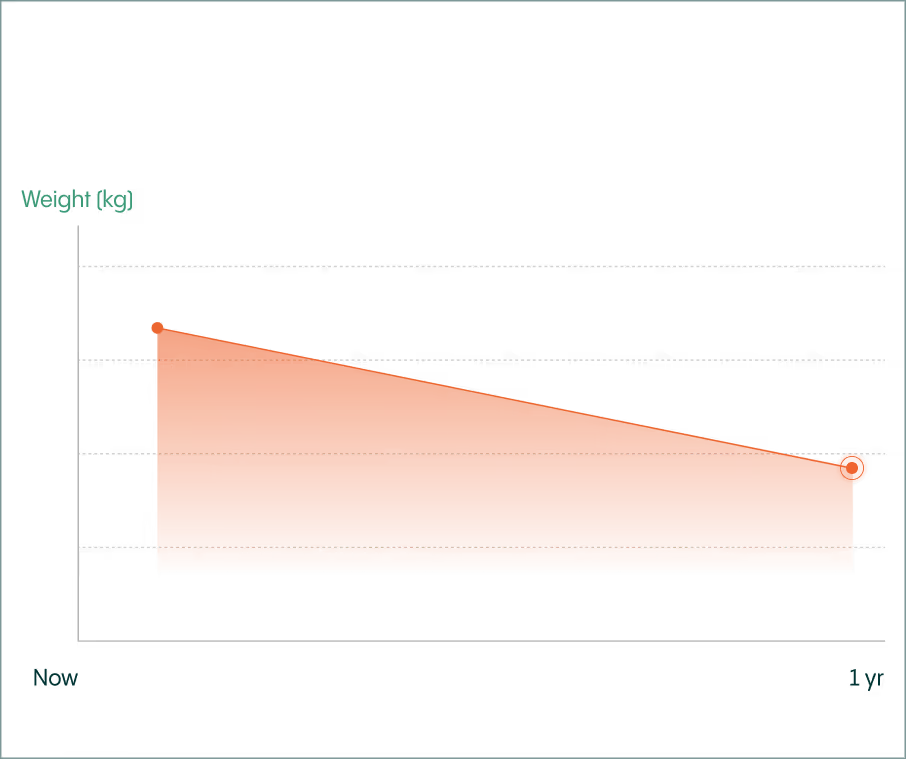.avif)
.avif)
Hair loss is a common problem that affects both men and women, and it can be caused by a variety of factors such as genetics, hormonal changes, and certain medical conditions. Many people turn to traditional Chinese medicine (TCM) for hair loss treatment, and one of the most popular TCM ingredients is Chinese Knotweed, also known as Polygonum multiflorum or Fo-ti.

Chinese Knotweed is a perennial plant that is native to China, Japan, and Korea. It has been used in TCM for centuries to treat a wide range of health conditions, including hair loss. The plant's root is the part that is used medicinally, and it is typically prepared as a decoction or powder.
Chinese Knotweed is believed to help treat hair loss by nourishing the blood and promoting blood circulation to the scalp. It is also thought to help balance hormones, which can be a major cause of hair loss. Additionally, Chinese Knotweed is a rich source of antioxidants, which help protect the hair follicles from damage.
There have been several studies on Chinese Knotweed and hair loss, and the results have been promising. One study conducted in China found that Chinese Knotweed was effective in promoting hair growth in mice. Another study found that Chinese Knotweed extract helped to increase the number of hair follicles in human scalp tissue.
While these studies are promising, more research is needed to fully understand the effectiveness of Chinese Knotweed for hair loss treatment.
Chinese Knotweed can be consumed as a decoction or powder, or it can be applied topically in the form of a hair rinse or oil. For internal use, it is often recommended to take Chinese Knotweed powder or decoction for a period of 3-6 months. For topical use, a hair rinse can be made by boiling Chinese Knotweed root in water and then massaging the liquid into the scalp.
Chinese Knotweed is generally considered safe when used as directed. However, it should not be used during pregnancy or breastfeeding. Additionally, it is important to speak with a qualified healthcare practitioner before taking Chinese Knotweed, as it may interact with certain medications.
Chinese Knotweed, also known as Polygonum multiflorum or Fo-ti, has been used in traditional Chinese medicine for centuries to treat hair loss. It is believed to help treat hair loss by nourishing the blood, promoting blood circulation to the scalp, balancing hormones, and protecting the hair follicles from damage. While more research is needed to fully understand the effectiveness of Chinese Knotweed for hair loss treatment, the available studies have been promising. If you're interested in trying Chinese Knotweed for hair loss treatment, it is important to speak with a qualified healthcare practitioner for guidance.



Articles featured on Noah are for informational purposes only and should not be constituted as medical advice, diagnosis or treatment. If you have any medical questions or concerns, please talk to your healthcare provider. If you're looking for a healthcare provider, click here.